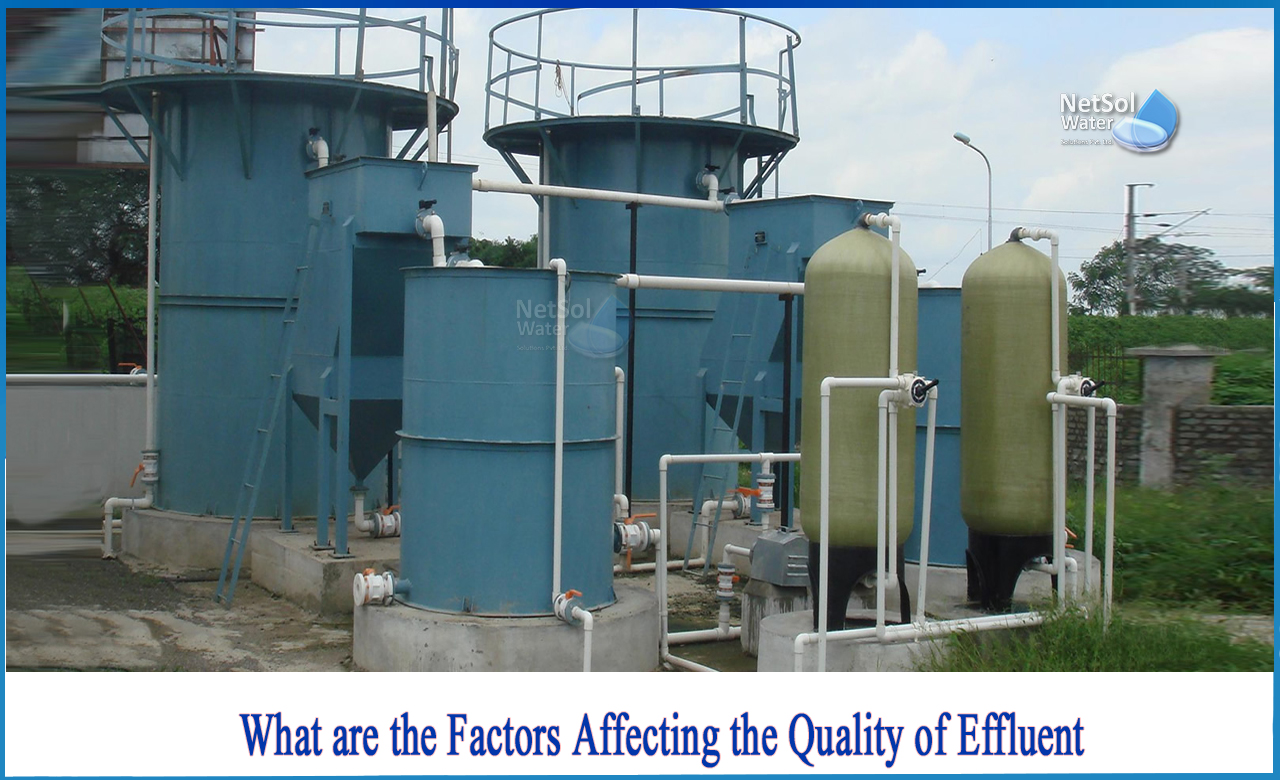What are the factors affecting the quality of effluent?
Municipal and industrial effluents, such as wastewater, sludge, or wastewater, are treated in effluent treatment plants. The manufacturers of these effluent treatment plants designed the plant to remove harmful pathogens, hazardous chemicals, detergents, and toxins, as well as separate and extract valuable substances from the effluent.
The recommended water treatment chemical is used to efficiently treat water in our country's numerous effluent treatment plants. The effluent quality in one’s treatment plant is critical. The effluent's characteristics determine the important factors that are associated with it. When designing the treatment plant, the biological, chemical, and physical properties that affect effluent quality must be taken into account.
Factors affecting quality of effluent:
· The seasonal variations: We all need to account for seasonal variations in the size of the inflow. Furthermore, inflows may be greater during the day than at night. Furthermore, during the rainy season, the inflow is likely to be greater. This inflow must be stabilised or made nearly constant so that the downstream treatment process can continue to function.
· Size of the effluent treatment plant: One must determine the size of the effluent treatment plant. You must compute the estimated effluent inflow into the plant, as well as the size of the conveying pipes and effluent channels, in order to get the hydraulic computations correct.
· Estimation of the effluent inflow properly:Users will also need to incorporate the design so that the effluent inflow can be accounted for and built scaly in the near future.
· Usage of equalization tanks and ponds: These tanks and ponds provide additional benefits. Toxic substances in effluent can have a negative impact on effluent processes in many cases. Thus, toxic effluent can be reduced by diluting it in equalisation ponds with effluent containing fewer toxins.
· Solid material: Solid particles can be made up of a variety of materials, including grease and floating debris. This indicates that the effluent was not effectively treated previously.
· Physical characteristics of effluent: When designing the plant, keep the physical properties of the effluent in mind. This includes the effluent's colour, constituent solids, temperature, and even odour. This also implies that the presence of suspended solids indicates poor effluent quality, which makes treatment difficult.
· Capability to withstand shock loads:When designing the plant, keep in mind that it must be able to withstand shock loads during holiday seasons. During various festivals, the effluent load can also increase.
· Other factors: Other factors include effluent turbidity, the amount of silt present, and the temperature of the effluent. Unfavourable temperatures can also impede essential biological and chemical processes.
Conclusion:
To summarise, inorganic chemicals, heavy metals, toxic metals, and so on require special treatment processes. Water scarcity is also an important factor that must be considered. If there is a risk of contaminating groundwater or a nearby running stream or river, the user must consider better effluent treatment plant design techniques.
For all the design and installation of Effluent Treatment Plants, one should consider one of the best manufacturers in India. Netsol Water is just a call away!



